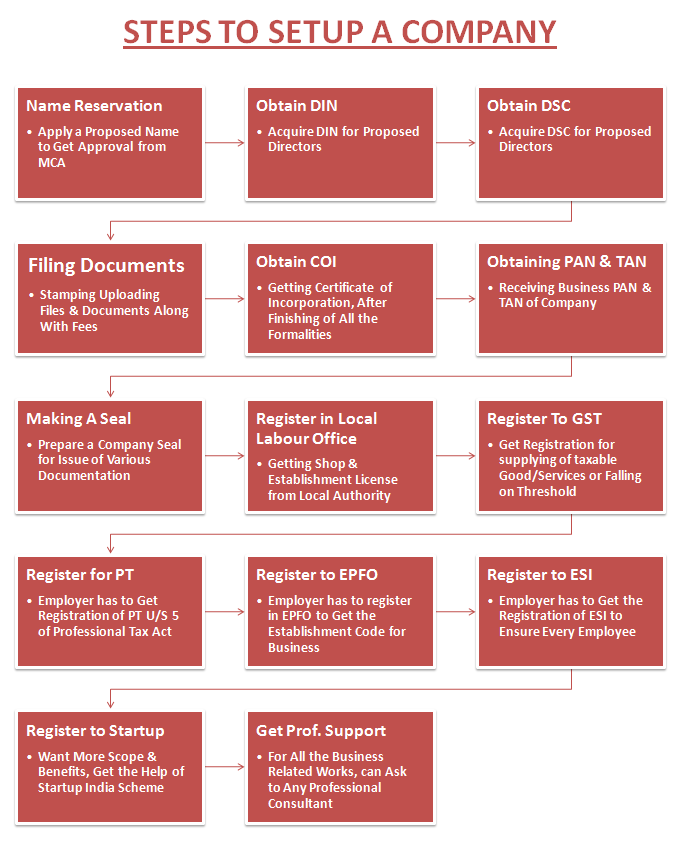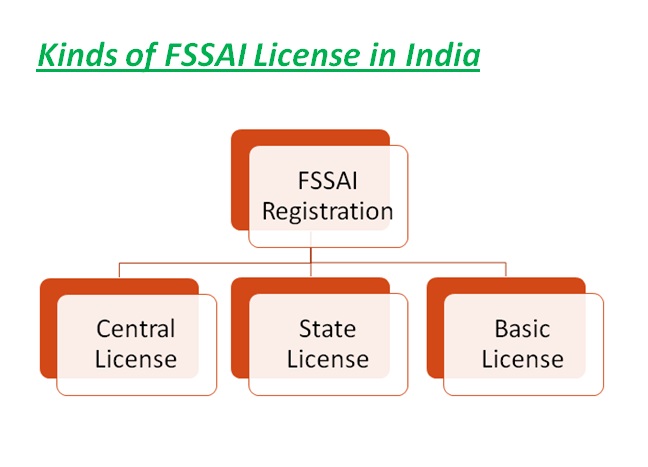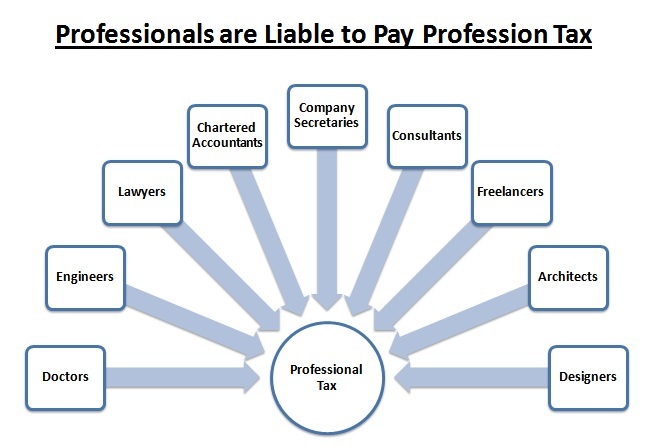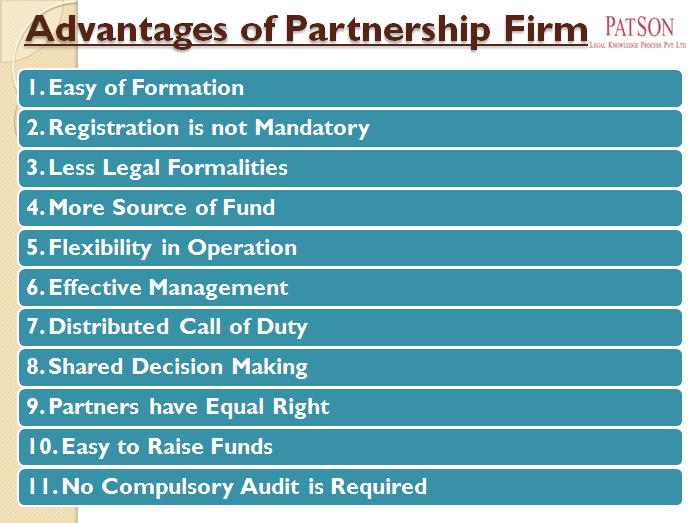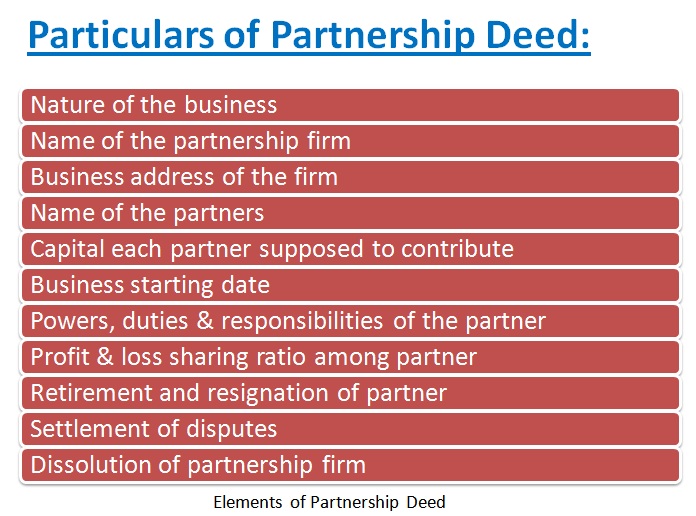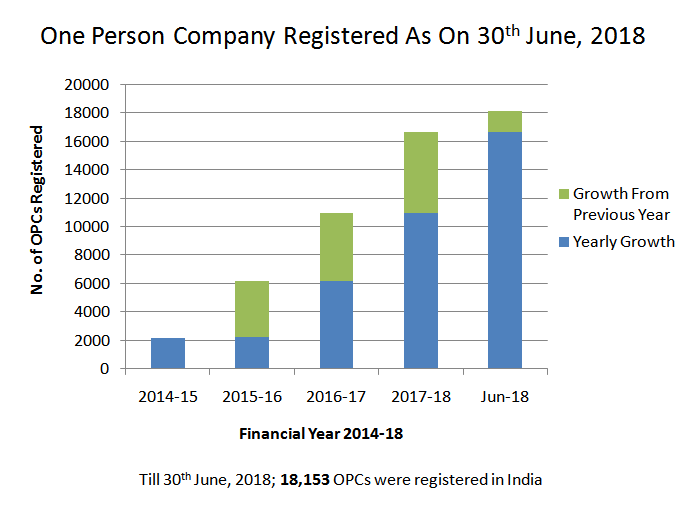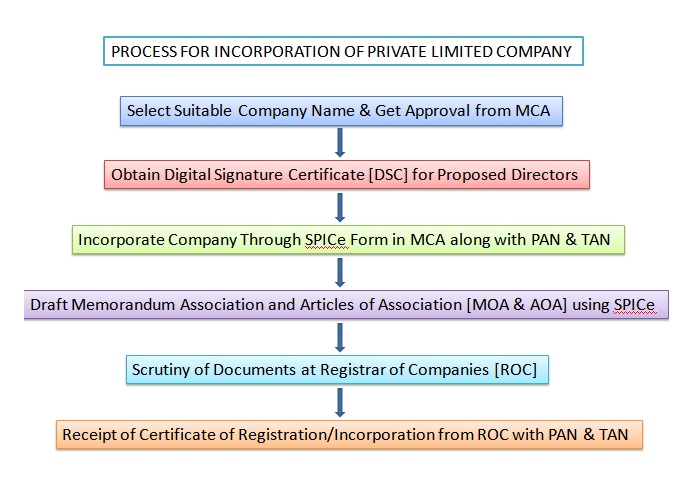If you are looking for information on how to get shops or establishments certificate, you need to know that you would have to do it as per the Karnataka Shops and Establishment Act. It is supposed to regulate the commercial establishments and shops in the state.
It was introduced with the precise intention of regulating various aspects of commercial shops and establishments such as the hours of work, compensation and wages, annual leave with wages, and employment of children and women in these establishments.
It basically safeguards the employees and workers of an organization even as it lays down the working conditions. It does so by determining the following:
- Working hours
- Opening and closing hours
- Wage rate
- Weekly, monthly and annual holidays
It provides special attention to the children employed in such establishments as well as the women who work over there.
The Labour Department of Karnataka plays an important role in the context of shops and establishment. As per the rule the businesses have to be acquired this labour registration license from the definite local authority for their smooth operations.
Who is liable to get shop & establishment registration?
Every establishment and shop that is doing any kind of trade, services, or business within the boundaries of the state itself has to get this registration.
This has to be done within a period of 30 days of having started business operations as per the rules and regulations of the Act. It is important that you know how to apply for shop & establishment registration in Bangalore Karnataka.
The following businesses need shop & establishment license:
- Shops (any type of shops selling items to consumers)
- Offices
- Canteens
- Small food vendors
- Business entities
- Consultancy establishments
- Legal service provider organizations
- Personal training establishments
- Financial institutions
- Coffee bars
- Theater
- Cyber cafés and etc.
Why a business needs shop & establishment license?
Look at the benefits of this license for that reasons the businesses must need it:
- To get permission to run a business legally on a certain place
- Helps to demonstrate your shop or establishment certificate as proof while the concerned officer is asking or visiting to your business premises
- Helps you to get loan easily from banks or financial institutions
- Helps you to think on expansion and growth of your business
- Helps you to enjoy the tax benefits and exemptions from State Government
- Helps you to open a current account easily
To get the right to do all-purpose business legally in a certain place of your locality and recognize you as an officially authorized entity to carry out the business, it is must required. And you’ll be ensuring that you are in safe zone from the eyes of local legal department.
Difference between trade license and shop & establishment
A question might be arising to your mind why some businesses are acquiring shop license and some others are trade license. Yes, some specific reasons are there that’s why the particular type of business organizations are taking these licenses. So we stated a few distinctions between them in below next paragraph.
We share a little information about trade license in this article, because most of the business organizations are asking about who has to take permission for trading business and who has to take license for shops and establishment.
Hence, trade license is needed for traders or manufacturers those who are doing any kind of commercial activity in certain place.
The following entities mainly need trade licenses:
- Traders
- Manufacturing industries (producing items for commercial purposes)
- Hotels
- Restaurants and etc.
But, for shop and establishment license, we’ve mentioned it in the above paragraph for which it required. Please refer it from top.
See the 6 major points how shop & establishment and trade license are different
| Shop License | Trade License |
| For small & unorganized sectors | Especially for traders & manufacturing sectors |
| For Common type of business | For Particular kind of business |
| Required permission from local labour department for doing general trade | Required permission from local government for a particular business purpose |
| Follow rules & unethical business practices | Follow safety guideline & rules of government |
| Can obtain license on residential site | Obtain license on commercial site |
| This license is mandatory | This license also mandatory |
| Examples: Shop, Offices, Restaurants, etc. | Examples: Traders, Manufacturers, Hotels |
The biggest difference between a trade license and shop & establishment registration is that you need a trade license in order to start a particular kind of business and you need the latter in order to start your business in general.
With the former you are taking the permission to start a certain type of business while concerning the latter you are registering your business with the local governmental authority.
You can obtain shop & establishment registration on your residential premises as well. On the other hand you can get trade license only on commercial premises.
As per laws, getting a trade license is mandatory. This is simply to make sure that you are not indulging in unethical business practices and following the safety guidelines and rules that are issued by the government on a regular basis.
The trade license is a state government of Karnataka policy which applicable to only trading, manufacturing industries, factories, hotels, restaurants and etc.
On the other hand, shop and establishment registration is necessary for all such entities that may be providing any service or doing any business as such.
Consider an example, if you wish to be involved in a legal service or business activity as such you need to have a trade license. On the other hand, which is primarily a small and unorganized sector that uses the shop and establishment registration.
Documents needed for shops and establishment registration in Karnataka
Following are the documents that are needed in order to register your shop and establishment in Karnataka:
- Photo of the authorized signatory – proprietor/ managing partner / director – 2 photos are needed in this case
- Statutory document – partnership deed / incorporation certificate
- Identity proof of the authorized signatory – copy of PAN (Permanent Account Number) card / driving license / voter ID
- Authorization letter – this is to be signed by the authorized signatory in accordance with the format that has been prescribed in this case
- Address proof of the entity- rental agreement or property tax receipt (this is applicable in cases where the applicant owns the premises)
- Employees – information on the number of employees you have to provide
Shop and Establishment registration process
The following steps are required to get a license:
- Submit application online along with the Form A containing employer details
- Submit physical copy of online application in regional circle
- Verification is carried out by the local labour inspector
- Make necessary payment towards the registration fee
- Issue certificate by department
We are into the field of business consultation, providing intellectual property, company incorporation, and legal and accounting services in Bangalore. For any help regarding this matter, can contact us now we’ll be happy to serve you.
How long this certificate does valid for?
As per the rules, this registration certificate is valid for 5 years. By acquiring this license you have reserved the rights to run your business smoothly for this time period. Before it gets expire, you have to renew it on time.
How often do you have to renew this registration?
Before finishing its term period, the business should have to renew the license. Normally, you need to apply to the local municipal corporation with the necessary fees and relevant documents in order to get the registration renewed. And these days, every work related to this field can be accomplished through online also. So you can complete it with the help of the exact professional experts.
These days, there are several service providers that are ready to help you in this particular regard and take care of all the necessary work on behalf of you. If you need our assistance, we are ready to help you in this regards.
Most Recent Posts are











